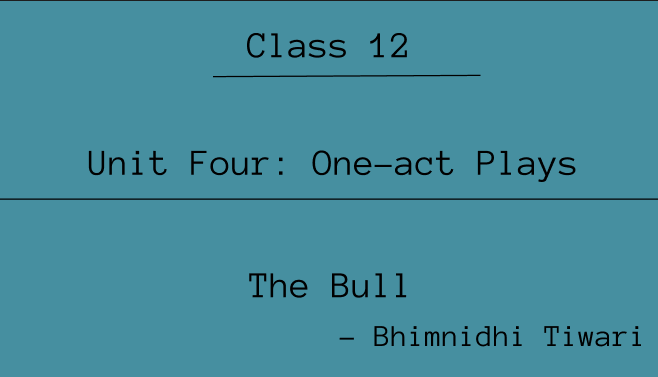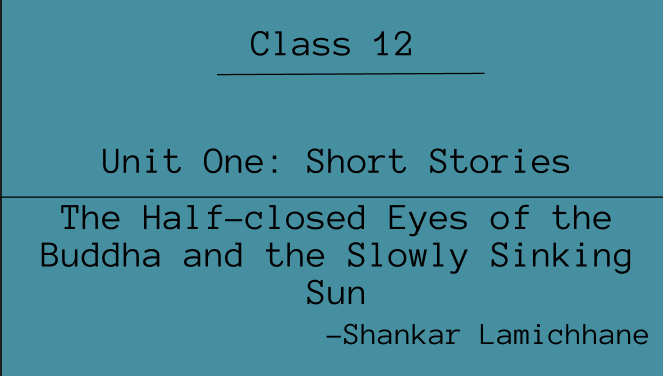“The Bull,” a poignant one-act play penned by the celebrated Nepali writer Bhimnidhi Tiwari, unfolds in the historical backdrop of mid-18th century Nepal, casting a critical eye on the feudal system’s dehumanizing effects. The narrative revolves around Ranabahadur Shah’s profound affection for bulls, highlighting how societal survival hinged on appeasing not just the whims of human overlords but also their cherished four-legged companions.
Set against the serene dawn of Ashwin in 1854 B.S. in Laxminarayan’s courtyard, the play commences with a palpable tension as two cowherds, Gore and Jitman, arrive to break the news of King Ranabahadur Shah’s beloved bull’s demise. This event sends ripples of fear through the hearts of Laxminarayan, Gore, and Jitman, as they dread the king’s potential wrath, which could escalate to a death sentence for them.
Amidst this panic, the play delves into the tragicomic efforts of Laxminarayan and the cowherds to conceal the bull’s death from the king, fearing dire consequences. Their strategy involves a desperate attempt to convince the king of the bull’s illness rather than its death, leading to a series of elaborate ruses to maintain this facade, including Laxminarayan’s audience with the king where he painstakingly describes the bull’s supposed ailments without revealing its true fate.
The climax is reached as the king, determined to see the condition of his bull for himself, travels to the cowshed, only to discover the truth of its death. The reactions of Jitman and Gore to the king’s declaration reveal the depth of their fear and attachment, not only to their lives but also to the bull they tended. In a surprising turn of compassion or perhaps to maintain the semblance of nobility, the king rewards the cowherds and Laxminarayan for their loyalty and grief, albeit through their deceit.
“The Bull” masterfully encapsulates the absurdities and cruelties of the feudal era, where the value of human life could be contingent on the welfare of an animal. Through this lens, Tiwari critiques not just historical injustices but also the enduring human conditions of fear, loyalty, and the instinct for survival. The inclusion of female voices, albeit in a dominantly patriarchal setting, adds layers of complexity to the narrative, exposing the multifaceted nature of power dynamics and resistance in a deeply stratified society.





